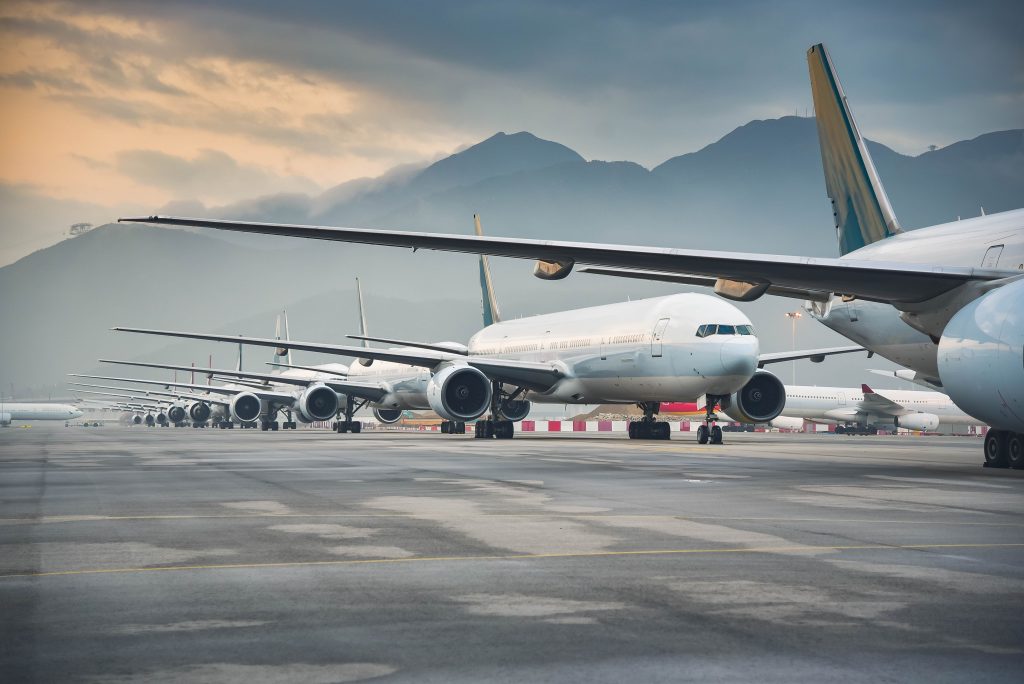Saudi Arabia’s flagship carrier has inked a monumental agreement for the acquisition of 105 Airbus aircraft, marking the largest transaction in the nation’s aeronautical history and a significant coup for Airbus over its American competitor, Boeing.
The chief of Saudia Group, the government-affiliated entity that manages Saudia airline and the budget operator Flyadeal, Ibrahim Al-Omar, unveiled the news on Monday, stating that the initial batch of aircraft is expected to arrive in the first quarter of 2026.
“This marks the most significant agreement in the history of Saudi aviation,” Al-Omar proclaimed during his address at the Future Aviation Forum in Riyadh, highlighting the deal with Airbus.
At present, Saudia Group operates a fleet that includes 93 Airbus and 51 Boeing planes, as detailed on its official website. This fresh order adds to Saudia Group’s prior Airbus commitments, which comprised an outstanding order of 39 aircraft, as acknowledged by the European aircraft manufacturer.
While Al-Omar did not elaborate on whether the record-breaking nature of the transaction was due to the volume of aircraft or the overall financial commitment, when probed by media for specifics regarding the contract’s value, Saudia Group did not offer a response and Airbus chose not to comment on the matter.
However, according to the Future Aviation Forum’s press release, the entire value of the new order stands at approximately $19 billion.
In a separate announcement, Al-Omar expressed that this new order is aligned with Saudi Arabia’s Vision 2030 agenda, which aims to diversify the nation’s economy by reducing its oil dependence. A crucial aspect of this strategy includes establishing the kingdom as a premier tourist destination.
“Saudia has set ambitious operational goals to cater to the increasing demand,” Al-Omar mentioned. “We are augmenting flights and seating capacity across our existing network of over 100 destinations across four continents, and we are planning for further growth.”
Saudi Arabia has set a target to attract 150 million tourists annually by 2030, as stated in its National Tourism Strategy.
The announcement of the Saudi purchase comes amidst intense scrutiny of Airbus’s chief rival, Boeing, which has been dealing with a series of safety issues, including an incident involving the partial loss of an aircraft’s fuselage during flight earlier this year.
Boeing has faced numerous investigations into its operational practices, leadership changes, and has pledged to make significant improvements. The company has been struggling since the grounding of its 737 Max aircraft following fatal accidents in 2018 and 2019, compounded by the COVID-19 pandemic’s crippling effect on air travel and severe financial strain on its airline customers.
Since the 737 Max grounding began in 2019, Boeing has reported cumulative losses exceeding $31 billion, with its share value plummeting nearly 28% since the onset of the current year.
Even with a backlog of more than 5,600 commercial jets valued at $529 billion, Boeing is unable to manufacture planes rapidly enough to be profitable each year due to ongoing quality control challenges. Conversely, Airbus reported a backlog close to 8,600 aircraft at the end of 2023 and recorded a profit of €3.8 billion ($4.1 billion) for that year.
